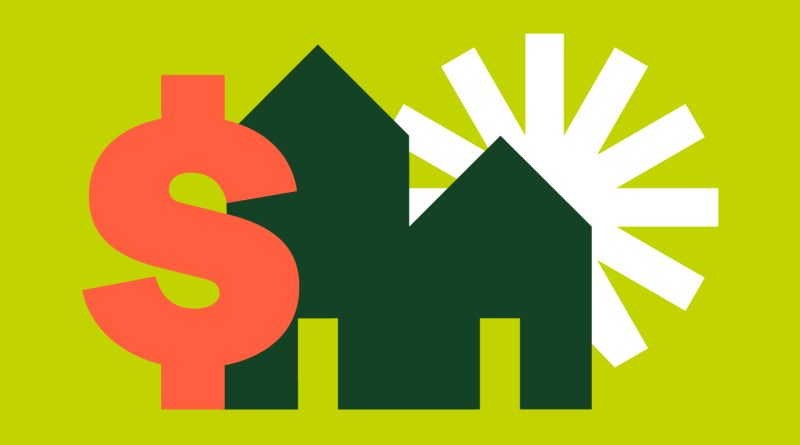Financial Advice for Renters
Renting a home comes with its own set of financial considerations. Here are some personal finance tips specifically tailored for renters:
Budget Wisely: Create a monthly budget that accounts for your rental expenses, including rent, utilities, insurance, and any other recurring costs. Ensure that your budget allows for these expenses while still leaving room for savings and other financial goals. Tracking your spending and adhering to your budget will help you maintain financial stability.
Rent Affordability: Choose a rental property that fits within your budget comfortably. As a general rule of thumb, your monthly rent should ideally not exceed 30% of your gross monthly income. Sticking to an affordable rent ensures that you have enough money for other essential expenses and savings.
Renter’s Insurance: Consider getting renter’s insurance to protect your personal belongings. While the landlord’s insurance covers the building itself, it typically doesn’t cover your personal belongings in the event of theft, damage, or disasters. Renter’s insurance provides coverage for your possessions and may also include liability protection. Shop around for policies to find one that offers adequate coverage at a reasonable cost.
Save for a Security Deposit: Start saving early for the security deposit required by most landlords. This deposit is typically one or two months’ rent and is held as security against damages or unpaid rent. By saving in advance, you’ll be prepared when it’s time to pay the security deposit, avoiding any financial strain.
Understand Lease Terms: Carefully read and understand the terms of your lease agreement before signing. Pay attention to details such as the duration of the lease, rent escalation clauses, penalties for breaking the lease early, and responsibilities for repairs and maintenance. Being aware of your rights and obligations as a renter will help you avoid any surprises or disputes.
Consider Roommates: If feasible, consider getting a roommate or roommates to share the rental expenses. Splitting the rent, utilities, and other costs can significantly reduce your financial burden, allowing you to save more or allocate funds toward other financial goals.
Energy Efficiency: Find ways to make your rental more energy-efficient to lower utility costs. Use energy-efficient light bulbs, unplug electronics when not in use, adjust your thermostat wisely, and ensure proper insulation. Small changes can add up to significant savings over time.
Build an Emergency Fund: Even as a renter, it’s crucial to have an emergency fund. Aim to save three to six months’ worth of living expenses to protect yourself in case of unexpected events, such as job loss or medical emergencies. An emergency fund provides a safety net and reduces financial stress during challenging times.
Avoid Unnecessary Expenses: Be mindful of your spending habits and avoid unnecessary expenses that can strain your budget. Differentiate between needs and wants, and make conscious choices when it comes to discretionary spending. Prioritize your financial goals and allocate your resources accordingly.
Communicate with Your Landlord: Maintain open and clear communication with your landlord or property manager. Report maintenance issues promptly to prevent small problems from turning into more significant and costly ones. Good communication can help build a positive relationship and ensure a smooth rental experience.
By following these personal finance tips for renters, you can better manage your finances, save money, and maintain financial stability while enjoying the benefits of renting a home.




